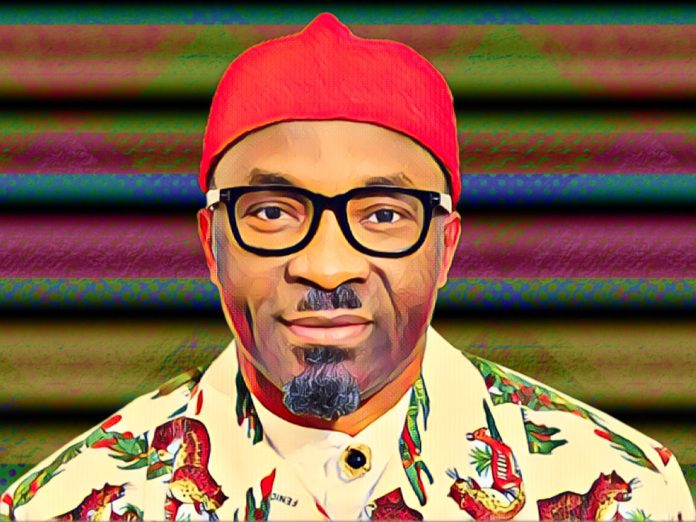KEY POINTS
- Nigeria pushes for public-private partnerships to fund Agenda 2063.
- Centres of excellence proposed to boost technology and education in Africa.
- Kalu highlights overlap between Agenda 2063 and SDGs, urges focus on unique goals.
Nigeria has proposed several new initiatives to help achieve Agenda 2063, a long-term blueprint for Africa’s future development.
Kalu, the Deputy Speaker of the House of Representatives, revealed the plan on Thursday on the sideline of the 12th Annual Conference of Speakers of National and Regional Parliaments at the Pan-African Parliament in South Africa.
Kalu stressed that to realise Africa’s dream of sustainable growth, it’s vital to focus on two key areas: acquiring skills and capital.
He proposed to develop centres of excellence throughout Africa so that people could learn the new technologies. These centres would assist the countries in attaining the knowledge required in the pursuit of the objectives of Agenda 2063, a 50-year plan that seeks to transform Africa into a globally competitive economy by the year 2063.
While acknowledging Africa’s progress, Kalu highlighted a major challenge—financing. “We can’t rely on external funds to push this agenda forward. We need to own and finance it ourselves,” he said. He also proposed that African governments should encourage private companies to invest in infrastructure projects related to Agenda 2063, possibly by offering them tax breaks.
To address this, he advocated for the African countries to pursue a Public-Private Partnership model. Thus, Africa can come up with the required funds by engaging private sector actors, especially in infrastructure. Kalu also encouraged the provision of incentives like tax holidays to people who invest in such projects.
Need to balance Agenda 2063 and SDGs
Kalu raised concerns about potential overlaps between Agenda 2063 and the United Nations’ Sustainable Development Goals (SDGs). He emphasised that African countries should prioritise projects unique to Agenda 2063 rather than those already addressed by the SDGs. “It would be better to focus on areas that are not part of the SDGs to avoid duplication,” he said.
For Africa to successfully implement Agenda 2063, Kalu emphasised the need for capacity building. He proposed establishing centres of excellence in various regions to train Africans in technology and knowledge. “We can’t depend on Europe or other regions to help us develop our agenda. We need to build our knowledge base,” he said.



